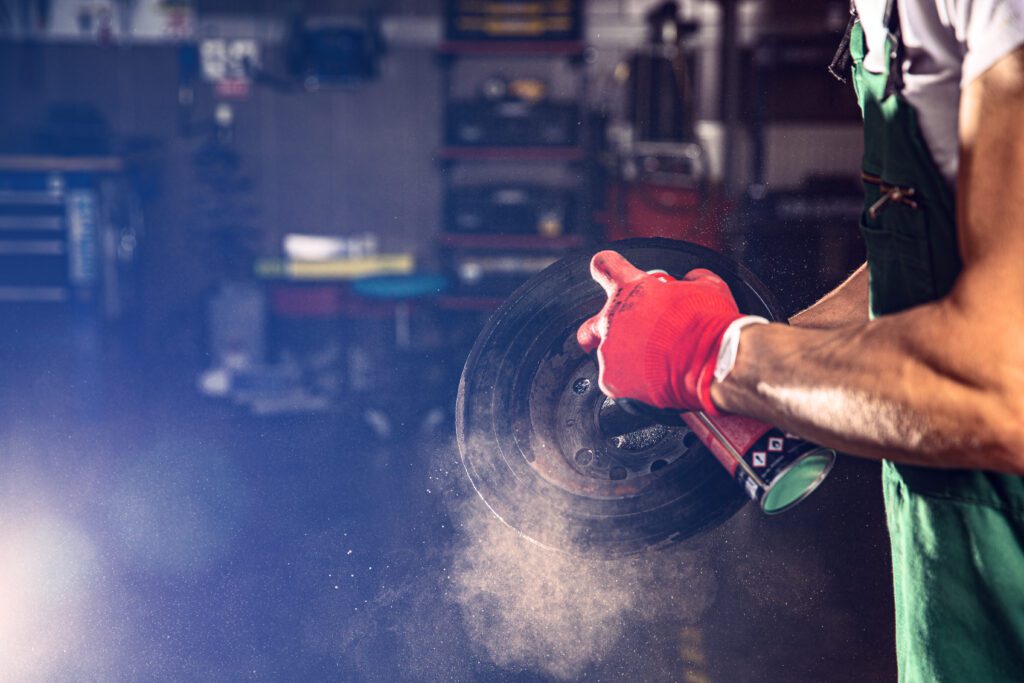Is It Time for a Car Brake Replacement? Listen Up!
Brakes, often an afterthought in the cacophony of car maintenance, play a pivotal role in ensuring your safety on the road. As a responsible driver, understanding when to replace your car brakes is crucial. Let’s delve into the signs, sounds, and signals that indicate it might be time to give your brakes some much-needed attention.
The Challenge of Knowing When to Replace
Regular checks are the backbone of maintaining a vehicle, and brakes are no exception. While we diligently monitor engine oil, gearbox oil, and coolant levels, brakes tend to slip through the cracks. The challenge lies in recognizing when the braking system needs intervention.
The Best Time for Car Brake Replacement
Listening to your car can unveil a world of information about the condition of your brakes. That screechy, annoying sound when you apply the brakes is not just an irritation; it’s a signal. Modern cars often come equipped with indicators in the braking system that emit this sound when it’s time for a brake replacement. If the car doesn’t squeak, listen for other warnings like grinding sounds, signaling worn-out brake pads.
What Causes Brakes to be Unresponsive?
Brake unresponsiveness is a red flag, often pointing to a leak in the braking system. Whether it’s a brake fluid leak or an air leak in the brake hose, swift action is necessary. At Aloha Auto Repair, the ‘doctors’ of brakes and clutches around Allen, TX, can provide a quick fix for your braking system. Don’t delay; schedule your car brake replacement with us for efficient and reliable service.
Signs of Brake System Issues
Watch out for your vehicle’s behavior when applying the brakes. If it pulls to one side, there might be a foreign material in the brake fluid or uneven fading of brake linings. Vibration or a pulsating brake pedal during braking situations indicates potential issues like warped rotors, often caused by frequent braking in steep terrains.
Prevention is Key
Maintaining your car brakes is not just a matter of convenience; it’s a safety imperative. Well-calibrated brakes are a fundamental component of your safety equipment while driving. Regular checks and preventive measures can save you from costly repairs. Car brake replacement is an investment in your safety; don’t overlook the signs.
Swift Action for Car Brake Replacement
When the time comes for a replacement, procrastination is not an option. Contacting Aloha Auto Repair for certified automotive repairs in Allen, TX, ensures your brakes are in top-notch condition, prioritizing your safety on the road. Our experts specialize in car brake replacement, providing thorough inspections and efficient service to keep you driving with confidence.
Conclusion

Is It Time For A Car Brake Replacement?
In the grand scheme of car maintenance, brakes deserve more attention than they often receive. Recognizing the signs, listening to the sounds, and taking swift action when needed can make a significant difference in your driving experience. Your safety is non-negotiable, and well-maintained brakes are your silent guardians on the road.
FAQs
- How often should I check my car brakes? Regular checks are recommended, ideally during routine maintenance or every 12,000 miles.
- Can I replace brake pads on my own? While it’s possible for DIY enthusiasts, professional assistance is advisable for optimal results.
- What should I do if I hear a grinding noise while braking? Act promptly; it’s a sign of worn-out brake pads. Visit a certified repair center for a thorough inspection.
- Is brake fluid replacement necessary? Yes, it’s crucial. Brake fluid ensures optimal brake performance, and timely replacement prevents system failures.
- How long do brakes typically last? The lifespan varies, but on average, brake pads last between 30,000 to 70,000 miles, depending on driving habits and conditions.






